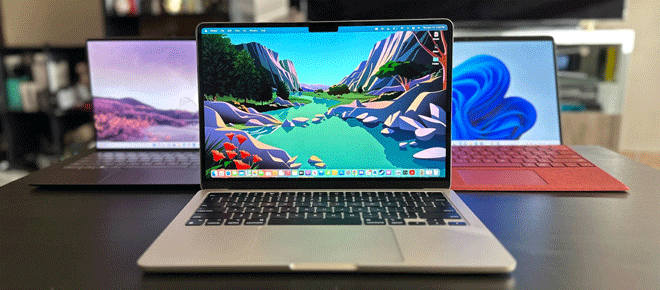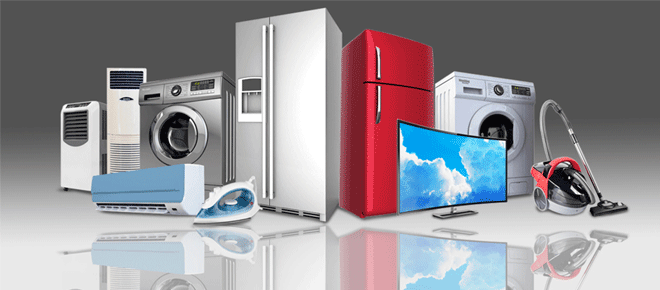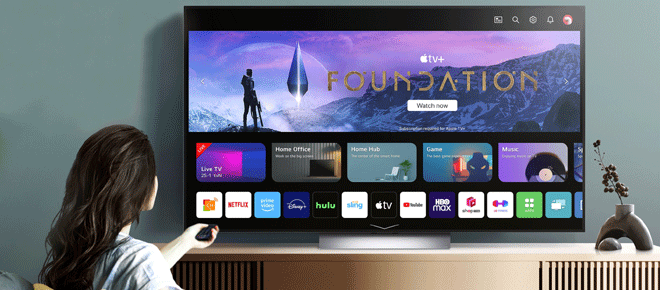13 Tips for Choosing the Perfect Laptop

Whether you’re just starting college or are planning to upgrade to a new laptop, there are some key features that you should look for. Using these tips, you can make the right decision for your needs and budget.
The first thing you should consider is how you plan to use the laptop. Will you be surfing the web, using productivity apps, or playing PC games?
Look for a Long Battery Life
The battery is a crucial component of any laptop. It powers its hardware and allows users to use their devices on the go. If you are looking for the best quality laptops then check out the Betta Home Living Promo Code.
The rated battery life of your laptop is an estimate of how long it will last in ideal conditions, but its actual battery lifespan depends on how you use it and the temperature you keep it in.
To get more battery life, try to avoid leaving your laptop on charge overnight. This can dramatically shorten its battery lifespan as it gets hotter and takes more stress from the voltage than it should.
Likewise, you should try to discharge your battery to 50% before putting it away. This reduces the number of charging cycles your battery has to go through and can help prolong its lifespan significantly.
Check the Screen Quality
Screens can make a big difference to your experience, so you should check the quality of your laptop’s display before buying it. This includes screen resolution, brightness, and the type of display technology used.
Higher-resolution screens are great for displaying more content at one time. They also make images appear sharper.
However, be aware that a higher resolution can also mean more power consumption.
A good laptop screen should have a high-quality resolution and IPS technology for wide viewing angles. It should also have high pixel density and a wide color gamut for more accurate colors.
Check the Weight
When choosing a laptop then check out the Electronics Coupon Codes, you need to weigh it carefully. You want a computer that is light enough to be portable but also powerful enough to handle your workload. Generally, the heavier the laptop, the less mobile it will be. This is especially important for students, remote workers, and frequent travelers who need to work from a different location each week.
Most manufacturers list the weight of the laptop with its standard battery installed. This weight may not include items such as power adapters, detachable keyboards, and media bays. This is often called the 'travel weight' and will give you an accurate picture of how heavy your new laptop should be. You can also check the thickness of your laptop to get an idea of its weight. For example, some 15-inch laptops are surprisingly thin but still weigh around 5 pounds.
Check the Connectivity Options
When choosing a laptop, it’s important to look at the connectivity options. This includes USB ports, an SD card reader, and an audio jack. Also, consider the inclusion of an SSD, which is a solid-state drive that uses nonvolatile memory to store data instead of spinning platters and can offer a dramatic boost in performance.
It’s also worth considering whether the laptop you’re considering has a built-in HDMI port, which can be used to display videos from a connected monitor or projector. This is an important consideration if you plan to use your laptop as a media player, and it will likely be on most buyers’ must-have lists. Another must-have feature is a cellular connection (usually marketed as LTE or similar). It allows the device to connect to a carrier’s cellular data network and provides a fast and reliable way to access the internet.
Check the Operating System
When it comes to choosing a laptop, the operating system is one of the most important decisions you’ll make. It determines what the computer is going to do, so it’s crucial to pick a high-quality one that will work well for you.
The best way to find the right operating system for you is to consider your needs and budget. You’ll want to choose something that will offer you a great experience and be robust enough to stand up to the stress of everyday use.
The operating system is the backbone of your computer, and it has many functions to perform – from managing memory to handling output. The best way to choose the right one is to look at what you use your computer for, your budget, and any future requirements you may have. Then, you’ll have an easier time finding a machine that will suit your needs.
Check the RAM
When it comes to choosing a laptop, you need to look for one with high-quality RAM. This is essential for enabling your device to run smoothly when performing multiple tasks at the same time.
This can include a text editor, a browser with multiple tabs open, and a business program. These programs all need to access memory for them to run quickly and efficiently.
A laptop with less than 2 to 4 GB of RAM is unlikely to have the performance you need to get your work done. If you regularly play games, work on video editing, or use a lot of 3D graphics, you will need more than that to unlock the full potential of your computer.
Check the Hard Drive
The hard drive is the center of your computer, so it's important to choose one that will last a long time and keep all your precious files safe. A good hard drive will offer high disk capacity and fast speeds so you can transfer large video files or audio quickly and efficiently.
A hard drive stores data on magnetic platters that rotate at a variety of speeds, usually between 1,200 and 15,000 RPM (Revolutions Per Minute). The higher the RPM rating, the faster your computer can read and write to it.
Each drive has an electrical motor that spins the platters and an actuator arm that moves the read/writes heads over them. The heads use voice coil actuators or a stepper motor to access the spinning platters.
Check the Keyboard
The keyboard may not be the first thing that comes to mind when you think about buying a new laptop, but it’s one of the most important aspects of your computer. Your keyboard is a key interface between you and your computer, so it must be functional, comfortable to use, and easy to maintain.
The best keyboards are ergonomically designed to keep your wrists and fingers in a more neutral position so you can work longer without discomfort. These also tend to have a good amount of key travel (the distance the key goes down when pressed) and plenty of space between keys. The best keyboards can be found in the form of high-end laptops, but there are a few lower-cost options that make good desktop replacements as well. The key is to shop around, find a good deal and pick the right model for you.
Check the Speakers
If you want to hear your music in its full, reverberating glory, you’ll need a good pair of speakers. Fortunately, there are plenty of options out there to choose from.
How you’ll use your laptop will help you decide what kind of performance you need from it. For example, a college student might only need a basic laptop that’s sufficient for email and web browsing; a professional photographer or video game designer may need a powerful machine capable of running graphics-intensive apps. And the right laptop for you will also depend on your budget. In addition to sound quality, you should consider the speakers’ ability to handle various codecs and features like a subwoofer or treble controls. This will improve your experience as well as the overall performance of your machine. It’s worth spending some time on the research to make sure you get the best laptop for your needs.
Check the Weight
A laptop's weight is a big factor to consider when choosing one. If you're a commuter, student, or remote worker who travels often, then you'll need a lightweight machine that won't make you sore from carrying it around all day.
Typically, manufacturers will list the computer's weight with its standard battery installed. However, this doesn't include power adapters and peripherals. So, you'll need to look for a 'travel weight' on the laptop's specification to get a more accurate measurement. You'll also need to factor in the size of any media bays or batteries that are attached to the laptop, as these can add to the overall weight of the device. So, it's important to know exactly what's included in the laptop's weight so that you can avoid unnecessary surprises when buying a new laptop. It's worth the extra effort.
Conclusion
Choosing the perfect laptop involves considering your needs, budget, and preferences. Look for a laptop with a good processor, sufficient RAM, and storage capacity. Additionally, consider the display size and resolution, battery life, and portability. Don't forget to read reviews and compare prices before making a final decision.








